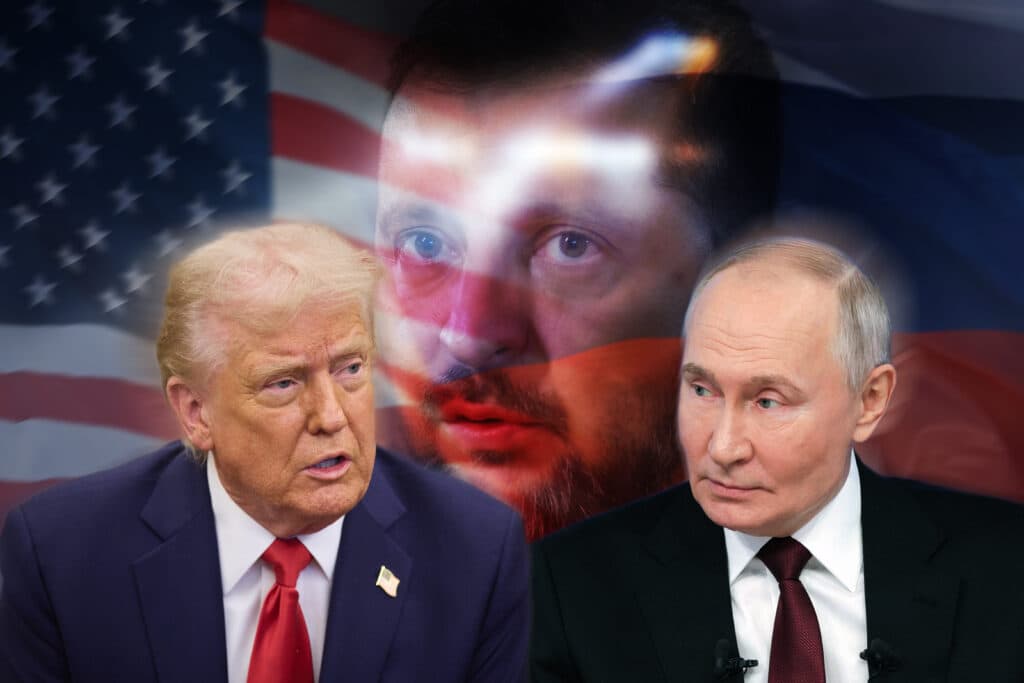Proposed Ukraine Territorial Swap for 5 Oblasts to be Discussed at Trump-Putin Alaska Summit

This Friday, Donald Trump and Vladimir Putin are set to convene in Alaska for a summit, marking their first direct meeting since Russia's 2022 invasion of Ukraine. The agenda reportedly includes discussions on a potential framework deal for territorial concessions, which could see Ukraine withdrawing from the remainder of the Donetsk oblast. This proposed agreement also involves Russian withdrawal from smaller sections of Kharkiv, Sumy, Dnipropetrovsk, and Mykolaiv oblasts, with the frontline freezing elsewhere.
The summit signals a potential shift in the United States' approach, as it follows a softening of Russia's June memorandum that previously demanded Ukrainian withdrawal from all four of the oblasts it claims to have annexed. Ukrainian leadership, led by Volodymyr Zelensky, has vehemently opposed such concessions, with Zelensky stating, "Ukrainians will not gift their land to the occupier." European leaders, including those from France, Britain, and Poland, have echoed this sentiment, emphasizing that "international borders must not be changed by force."
Despite these objections, Trump has expressed openness to territorial exchange, declaring that "there’ll be some swapping of territories to the betterment of both." He has also voiced frustration with Zelensky's refusal to consider such concessions. The tweet from COMPACT highlighted this aspect, noting, > “Trump remains cagey about his own expectations.”
According to Emma Ashford and Peter Slezkine writing in COMPACT, the "fetishization of territory" has hindered progress towards a Ukrainian settlement, especially after the failed counteroffensive demonstrated the unlikelihood of reclaiming substantial land. Russia continues to advance, having made significant breakthroughs recently, making the European and Ukrainian demand for an immediate ceasefire along current lines unrealistic. Historically, the norm against forceful acquisition of territory, often referenced with the Munich agreement, has been seen as a pillar of the postwar order, but the authors suggest that recognizing the reality of Russian gains is crucial.
Accepting Ukrainian withdrawal from the rest of Donetsk could pave the way for a ceasefire and serious peace talks. The authors propose that any territorial swap should be viewed not as a reward for Putin, but as a harsh reality, noting that Russia's invasion serves more as a warning against future such adventures. Stabilizing the future line of contact through recognition of Russian territorial control, whether de jure or de facto, is presented as the option least likely to produce further flare-ups.
Such a deal could also open discussions on critical postwar stability issues, including Ukraine's neutrality, its relationship with the EU, economic support for reconstruction (potentially from frozen Russian funds), and the return of peacetime democratic processes. This includes considering some status for the Russian language and the canonical Orthodox church within Ukraine. The broader implications extend to strategic stability between the United States and Russia and the future of European security.
The previous attempt to reset US-China relations in Alaska four years prior ended contentiously. This upcoming summit, however, holds the potential for more promising outcomes if pragmatism is prioritized over rigid principles, allowing for a crucial first step towards resolving the ongoing conflict.